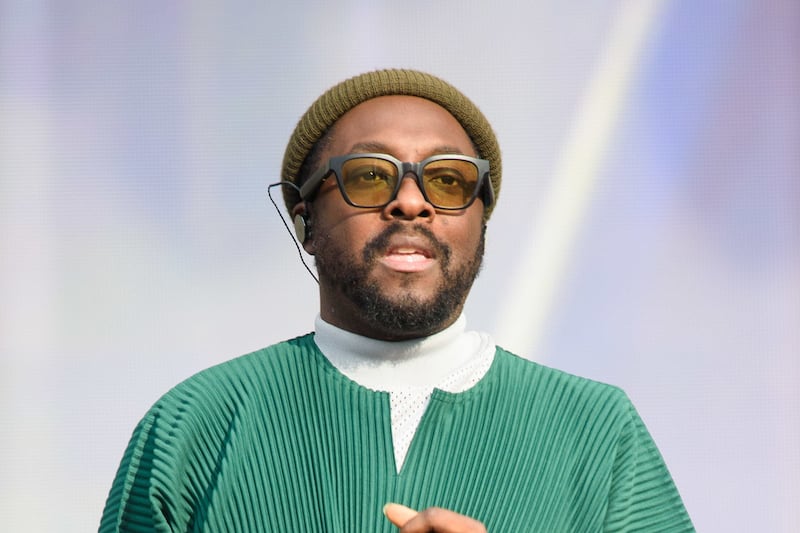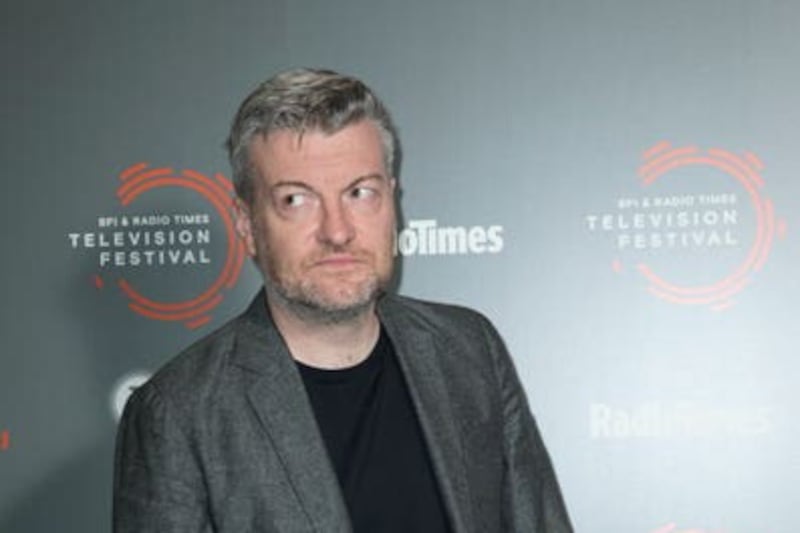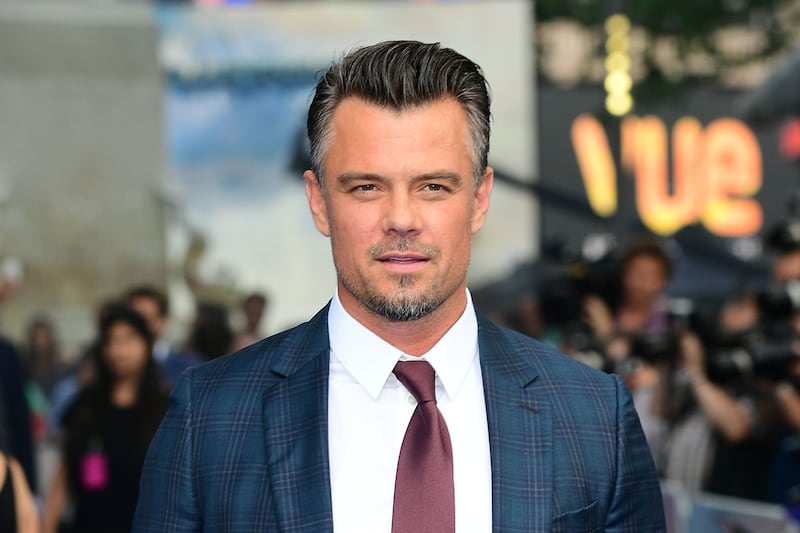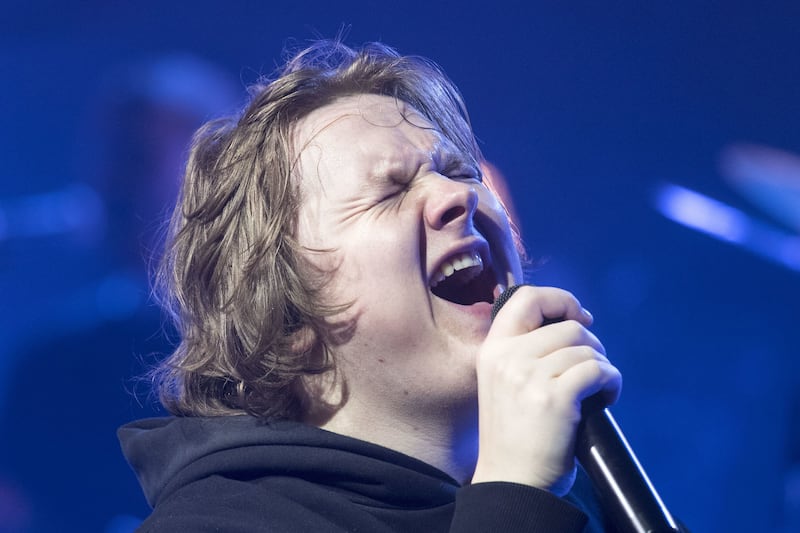Black Eyed Peas singer Will.i.am has called on artists to “get back to truly being imaginative” or risk losing out to artificial intelligence (AI).
Speaking ahead of a talk at the Edinburgh TV Festival entitled AI And The Future Of Creativity, the American rapper warned that human creators will “lose” the race against AI if they just try to “chase algorithms”.
The star, who last year co-founded the AI platform FYI, instead called on artists to rediscover the “secret sauce” that makes them human, which he said cannot be replicated by a machine that is nothing more than a “great mimic”.
He also said he hopes to “inspire folks” about AI, which he said is “everywhere, and about to be more everywhere”.
“We’re chasing algorithms… and so I’m here to wave a flag, like, ‘Hey, if you’re chasing algorithms, you’re not going to beat an algorithm’,” he said.
“If an AI is going to create and compete to maximise the architecture of algorithms, well, the AI will do that better.
“So in this TikTok race to get views and attention, if that is the spectrum of competition, we lose.
“We need to get back to truly being imaginative, truly rinsing out our emotions, not for algorithmic number counts, but just celebrating expression, and we’re not doing that right now.
“And one thing AI is not going to do is express and rinse out emotions. It’s not going to love. It gives you the illusion that it does. It could simulate love, but it’s not going to love.
“And so people are concerned and worried, but they’re forgetting our secret sauce. They’re forgetting our humanity and what makes us us.”
He also said there has been “a lot of fear-mongering” about AI, and that people should push for “regulations and governance that will keep us safe, just on a basic level, because we don’t have that right now”,
As to what the future of creativity in a world where AI is “everywhere” might look like, Will.i.am said it would mean “dreaming up new things even though you’re rehashing and reimagining yesterday’s construct”.
He suggested this could mean an end to the art forms we know today, such as songs, films and TV shows.
“So what are we gonna create? So that’s like an existential question. If you really break down what’s the future of creativity… You mean little f****** songs and jingles? Nah, that ain’t it. You mean like movies and shit? That ain’t it. TV shows? That ain’t it.”
Instead, he envisages a future where songs can act as “prompts” for multimedia works of art, giving the songwriter new ways to express their vision, and which would be interacted with through new kinds of media players.
He said: “Sting is a musician from a band called The Police, and one of his favourite songs was Message In A Bottle. It’s a song about a message in a bottle, but the song is a message in a bottle.
“And if we only realise that songs are messages, then we can change the messenger to be more than just text and reply.”
He gave the example of the technology in his AI platform FYI, which he co-founded with developer Sunil Reddy, saying this would enable him to write a song and combine it other material, such as explanatory documents, photos and videos.
“This means when I write songs, are songs just for people to sing and recite the lyrics to, or are my lyrics prompts and I don’t ever have to do a video anymore?”
“Oh, wait a second. That means I need to write to tell the machine what visuals to make. Holy shit. That means I have to make a new type of player, not a player that just plays MP3.
“I need to make a different type of player, where the player understands what’s being said, and displaying my visions.
“Yes, the future of creativity is not just the output, it’s also the input and the mechanism that’s displaying them all.”








